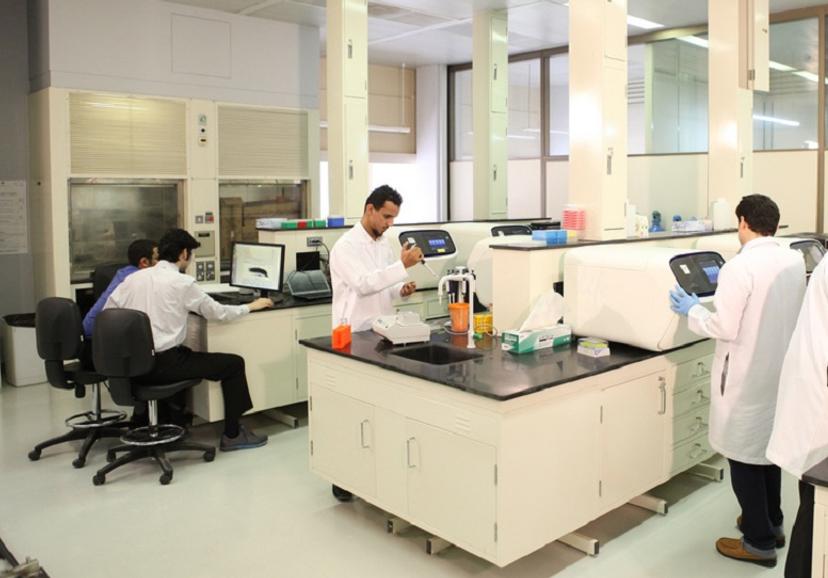Targeting Genetic Disease in Saudi Arabia
The Saudi Human Genome Project is the largest of its kind, seeking to combat genetic disease and lay the foundation for personalized medicine across the Kingdom
30 Sept 2015

Targeting genetic disease in Saudi Arabia
The Saudi Human Genome project (SHGP) is a national research project focusing on mapping the genome of the Kingdom, to study the genetic basis of disease and lay the foundation for the development of personalized or precision medicine across the Middle East.
Saudi Arabia has a high incidence of genetic disease, from inherited diseases to more common diseases such as diabetes, which affects more than 20% of the population. This three-year project is the largest disease gene discovery project undertaken; SelectScience spoke to Dr. Fowzan Alkuraya, Senior Scientist at King Faisal Specialist Hospital and Research Center, to find out more about this mammoth task.
"The SHGP is a multi-prong initiative that aims to advance human genomic research in Saudi Arabia and to take advantage of the unique population structure in the country," Dr Alkuraya explained. As well as sequencing the Saudi Arabian genome, the SHGP also aims to provide "advanced sequencing solutions to local scientists" who are conducting human genetic research − for example, Dr Alkuraya.
"I have been closely working with SHGP to come up with ways that make genomic research as translational as possible and have recently published an effort to 'democratize' genetic testing by simplifying the choice of the right genes to be tested in a wide range of clinical scenarios using an inexpensive and user-friendly assay, the Mendeliome assay," he revealed.
Saving Saudi Arabia's vision
One disorder that Dr Alkuraya is studying is retinal dystrophy (RD), a collection of chronic and progressive disorders where vision deteriorates in both eyes. RD is a "nightmare" when it comes to genetic testing, said Dr Alkuraya, as there are "dozens of genes that can be mutated". Furthermore, even if all known genes are tested, some patients may be without a diagnosis because "there are always more genes to be discovered". However, Dr Alkuraya believes it is worth the trouble: "An increasing number of genes are amenable to gene therapy. And besides, knowing the mutation is critical for informed family planning."
"The power of Next Generation Sequencing (NGS)" was vital in allowing Dr Alkuraya to screen "virtually all known RD genes" quickly and inexpensively, allowing him to efficiently distribute his gene hunting efforts. "This approach allowed us to not only identify the causal mutation in the majority of patients, but also identify three novel candidate genes," he explained. Using the Ion Proton™ sequencer and Ion AmpliSeq™ technology was straightforward, providing an assay that was flexible, fast and cheap, Dr Alkuraya continued.
Interest was particularly high in prevention. Dr Alkuraya used "early prenatal diagnosis, pre-implantation genetic diagnosis, cascade carrier testing and premarital testing", with many of his patients opting for one of these strategies. Dr Alkuraya has already been able to refer a number of patients to ongoing gene therapy trials and is hopeful that he will help many more.
Learn more about NGS by visiting our dedicated page.
